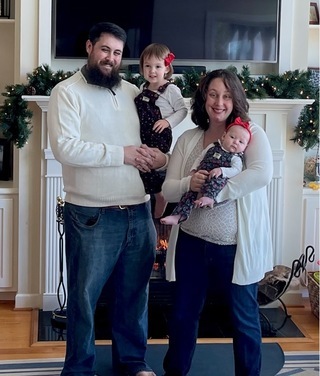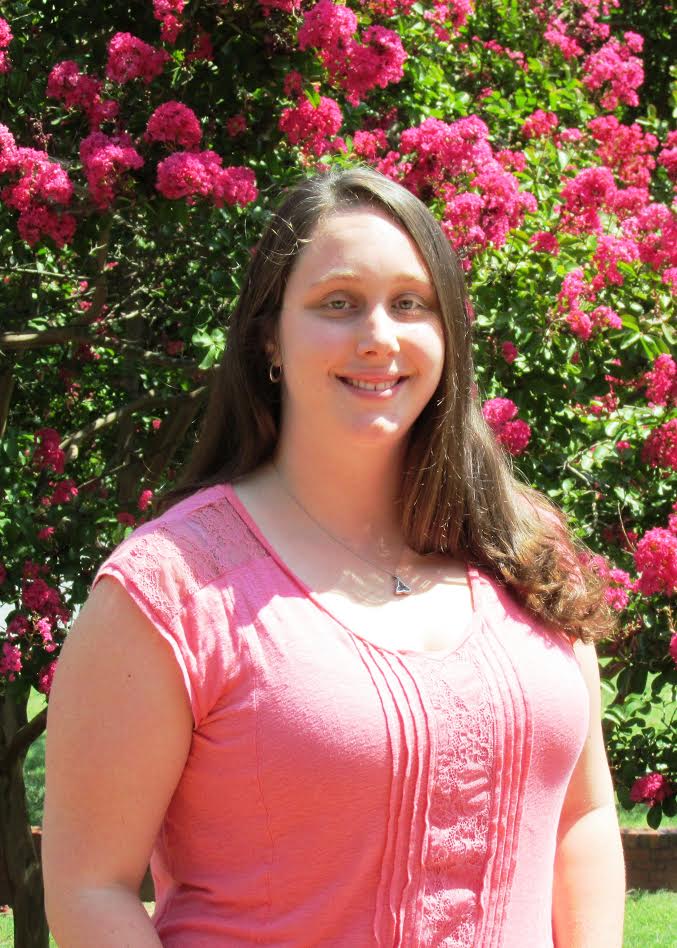Ruth Lehan
CAPSTONE
Capstone Project Committee: Jordan Dix, M.S., CGC; Randi Stewart, M.S., CGC; Leah Williams
Laboratory genetic counseling is a rapidly growing field with novel challenges. Neither burnout nor workplace isolation has been explored in laboratory genetic counselors (GCs), though previous studies identified that non-laboratory GCs were at increased risk for burnout and non-genetic counseling populations were at increased risk of workplace isolation when working remotely. A survey was distributed to the NSGC membership and included demographic questions and validated metrics to measure workplace isolation and burnout. Nonparametric analysis methods including Kendall rank correlation coefficient and the Wilcoxon signed-rank test were utilized to determine correlation and significant differences between burnout subscales, workplace isolation subscales, and demographic characteristics. This study revealed that a minority of respondents exhibited high levels of burnout (high emotional exhaustion (EE) 21.3%, high depersonalization (DP) 12.3%, low personal accomplishment (PA) 12.3%) and workplace isolation (high colleague isolation 3.57%, high company isolation 4.76%). Working remotely was a risk factor for higher levels of burnout related to EE and DP as well as for higher levels of colleague isolation. Age and years of experience were found to correlate with higher levels of DP and lower levels of PA in younger GCs. The availability of professional development opportunities was found to correlate with lower levels of company isolation. This study supports the need for employers to provide resources and intervention to reduce or prevent the effects of burnout and workplace isolation among laboratory GCs. Laboratory GCs also should be aware of risk factors for burnout and workplace isolation and seek support when needed.
Since Graduation

Shortly after graduation in 2017, Ruth started in a position with the Adult Cardiovascular Genetics Clinic at Duke University Medical Center. She remained there for 3 ½ years as the primary genetic counselor for several physicians focusing primarily on inherited arrhythmia, cardiomyopathy, and aortopathy conditions as well as starting up a genetic counseling only clinic to manage primarily cascade screening and previously clinically diagnosed patients. In the fall of 2020, she welcomed her second child and decided to step back from clinical practice for a time, when a new opportunity presented itself to her. As of early 2021, Ruth has started a new role as a clinical research genetic counselor with a new NHGRI funded genetic counselor training program in genomic medicine at Duke. She is enjoying gaining experience in research and is excited as to what opportunities the future may bring.
Ruth and her husband, Brendan, have two daughters: Kathleen “Katie”, age 2.5 years, and Lillian “Lilli”, age 6 months. They love spending time with friends and family (when social distancing isn’t required), spending time outside, and look forward to being able to return to hobbies such as medieval reenactment post-pandemic.
